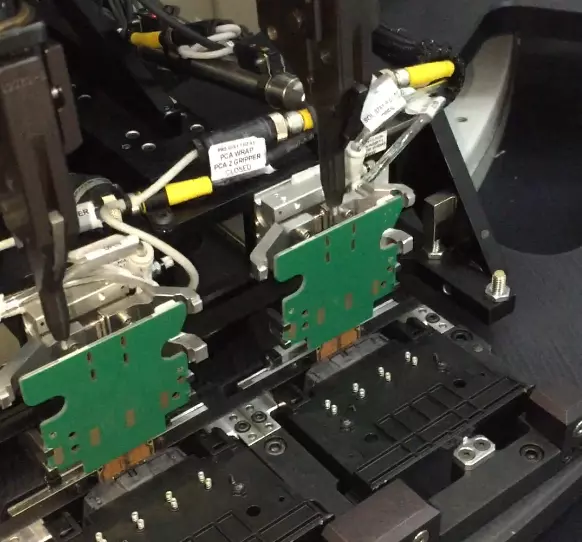Common Applications
- Data Collection and Management
- Laser Marking
- Laser Welding
- Conveyance
- Static Management and ESD Compliance
- Automated Soldering
- Automated Dispensing
- Plasma Treatment
- UV and Thermal Cure Adhesive Dispensing
- Leak Testing
- Vision Testing
- Electrical Testing
- Small and Large Parts Feeding
- Ink Stamping
- Fluid Interface Design
- Cleanroom Equipment
- Labeling

View our Video Library of automation solutions
Our Value
ISO 9001 certified
ITAR compliant
Established partnerships with all major robotic & sensor companies
Extensive national network to provide localized service and support
75,000 sq.ft. of manufacturing facilities

